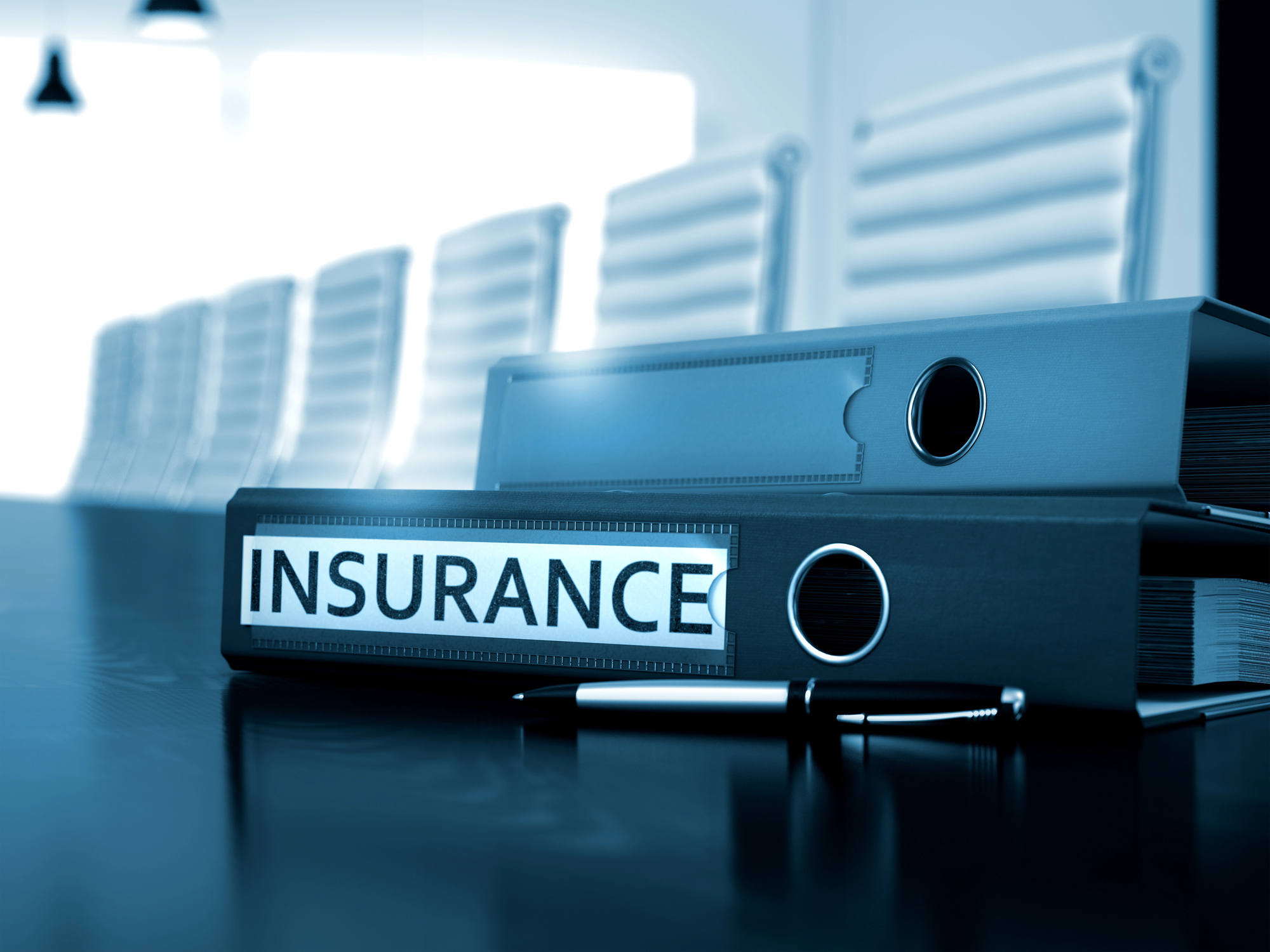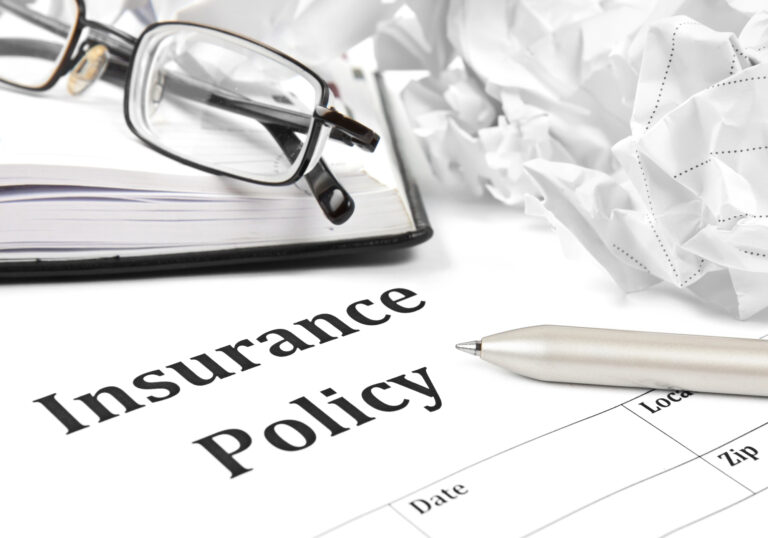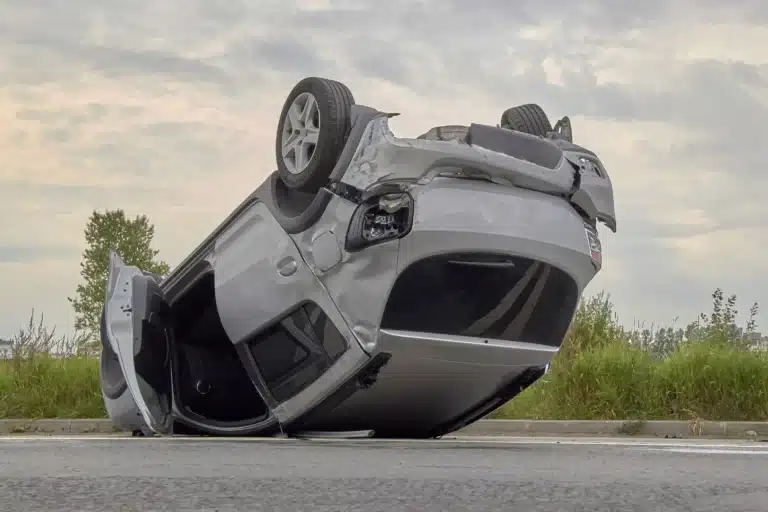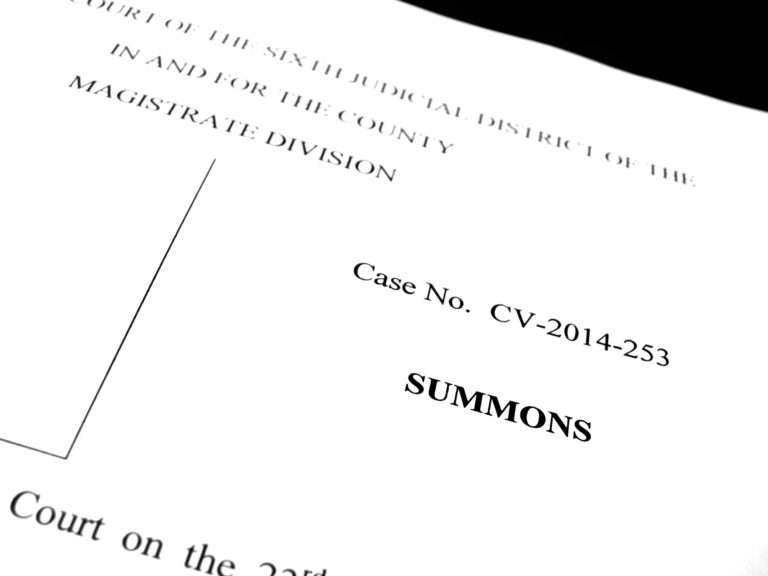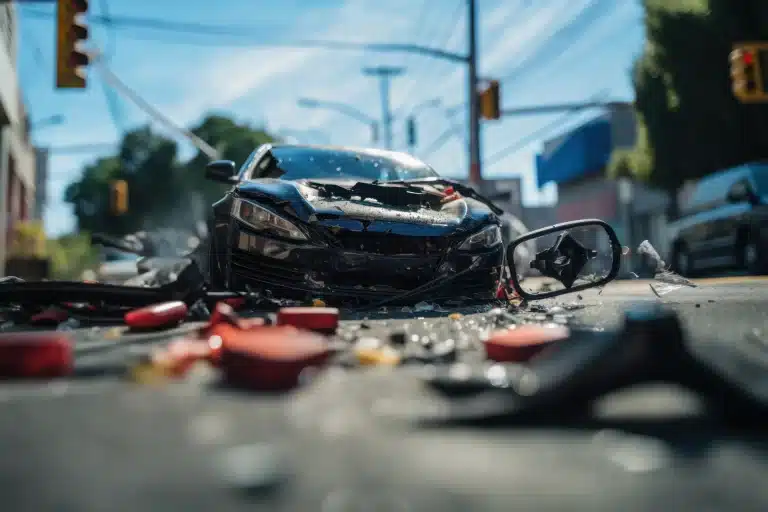Can I Lose My License if I Had No Insurance After an Accident in Florida?
If you caused a car accident in Florida and didn’t have insurance, you may have just received a notice of license and registration suspension. That letter is stressful—and confusing—especially if you’re also getting calls, emails, or pre-suit demands from the other driver’s lawyer.
This guide explains what the suspension means, why it happens, and how to respond so you protect your driving privileges and reduce your civil exposure. Florida Civil Counsel, P.A. is based in Orlando and represents drivers across the state, including Tampa, Miami, Jacksonville, and Pensacola.
Why Florida Can Suspend Your License After an Uninsured Crash
Florida’s financial responsibility laws require certain coverage even before anyone sues you. Two statutes matter most:
- Personal Injury Protection (PIP) and Property Damage Liability (PDL) are required for owners under Fla. Stat. § 627.733.
- $10,000 minimum property damage liability (or equivalent proof of financial responsibility) is required for operators under Fla. Stat. § 324.022.
If you were driving without valid coverage when the crash occurred, the Department of Highway Safety and Motor Vehicles (DHSMV) can suspend your driver’s license and registration until you prove compliance and satisfy any requirements tied to the crash.
What the DHSMV Notice Is Actually Asking For
Most notices ask you to show proof of insurance effective on the accident date, file proof of current coverage (often via SR-22), and pay reinstatement fees. If you had no coverage at the time, you’ll focus on limiting the damage: getting legal help, addressing any civil claim, and restoring your driving status.
Civil Exposure vs. Administrative Suspension
Think of your situation on two tracks:
- Administrative track (DHSMV): This is the license/registration issue triggered by lack of insurance. It moves quickly and is paperwork-driven.
- Civil track (injury/property claim): This is where the other driver (or their insurer) seeks money. It may begin with a demand letter, then a lawsuit if unresolved.
You can be fully compliant for the administrative side and still get sued. Conversely, you might be negotiating a civil settlement while your license remains suspended for paperwork noncompliance. You need a strategy for both.
What To Do Immediately (Even Before You Call DHSMV)
A misstep can make things worse. Take these steps in order:
Confirm the Insurance Picture
If there is any chance a policy applies (for example, a household policy, a non-owner policy, or the titled owner’s coverage), have a defense lawyer request and review the policy and send notice of representation. Our Florida car accident defense attorneys routinely investigate coverage and stop direct contact from the other side.
Stop Direct Communications
Once you’re represented, opposing counsel should talk to your lawyer, not you. This reduces the risk of admissions or demands you can’t realistically meet. If you already received a demand, see our guidance on what to do if you caused a car accident in Florida and responding to a lawyer’s letter after an injury claim.
Address the Administrative Suspension
Your attorney can help:
- Determine if a short proof window applies.
- Guide you on SR-22 (proof of future financial responsibility).
- Coordinate reinstatement fees and documentation so DHSMV lifts the hold as quickly as possible.
How Pre-Suit Defense Works When You Had No Insurance
Our role is to lower your risk and regain control before a lawsuit is filed.
We Verify the Claim
We ask for proof of liability and damages, review medical and property bills, and confirm whether Florida’s modified comparative fault rules may reduce claims. See our Florida car accident defense strategies for practical defenses your case may support.
We Send Targeted Notices
We issue a notice of representation, dispute unsupported amounts, and, where appropriate, prepare an affidavit of no additional insurance coverage. This signals realistic settlement parameters and discourages inflated demands.
We Negotiate Practical Outcomes
Our aim is to minimize your financial exposure, ideally with a reduced settlement or structured payment plan that acknowledges your circumstances. We keep you informed so you can make smart decisions.
If a complaint is filed or a summons arrives, read our explainer on next steps after a Florida car accident summons so you never miss critical deadlines.
What If the Other Side Threatens a Huge Judgment?
A civil judgment can have serious consequences. Learn more in what can be taken if a car-accident judgment is entered against you in Florida. The earlier we’re involved, the more tools we have to contain the claim and avoid worst-case outcomes.
Common Misconceptions We Clear Up for Clients
“I wasn’t ticketed, so I’m safe.”
Traffic citations and civil liability are different. You can still be sued, and DHSMV can still suspend your license based on insurance noncompliance under §§ 627.733 and 324.022.
“I’ll just ignore the letters.”
Ignoring DHSMV notices risks extended suspensions. Ignoring demands can lead to a default judgment. Early, informed responses are essential.
“They’ll have to accept any payment plan.”
Payment plans are negotiated, not guaranteed. Realistic proposals backed by documentation are more likely to resolve the claim.
Why Work With Florida Civil Counsel, P.A.
We focus on personal injury defense and help clients throughout Florida manage both the administrative suspension and the civil claim. Our pre-suit injury defense team keeps you informed, prevents avoidable mistakes, and looks for off-ramps that save time and money. We’re Orlando-based and serve clients statewide.
Next Steps: Protect Your License and Your Finances
If you caused an accident without insurance and received a suspension notice, time matters. We can help you respond to DHSMV, explore coverage, and fight an excessive demand—all at once. Ready to talk? Reach out through our Florida car accident defense attorneys page or our contact page to get started.
